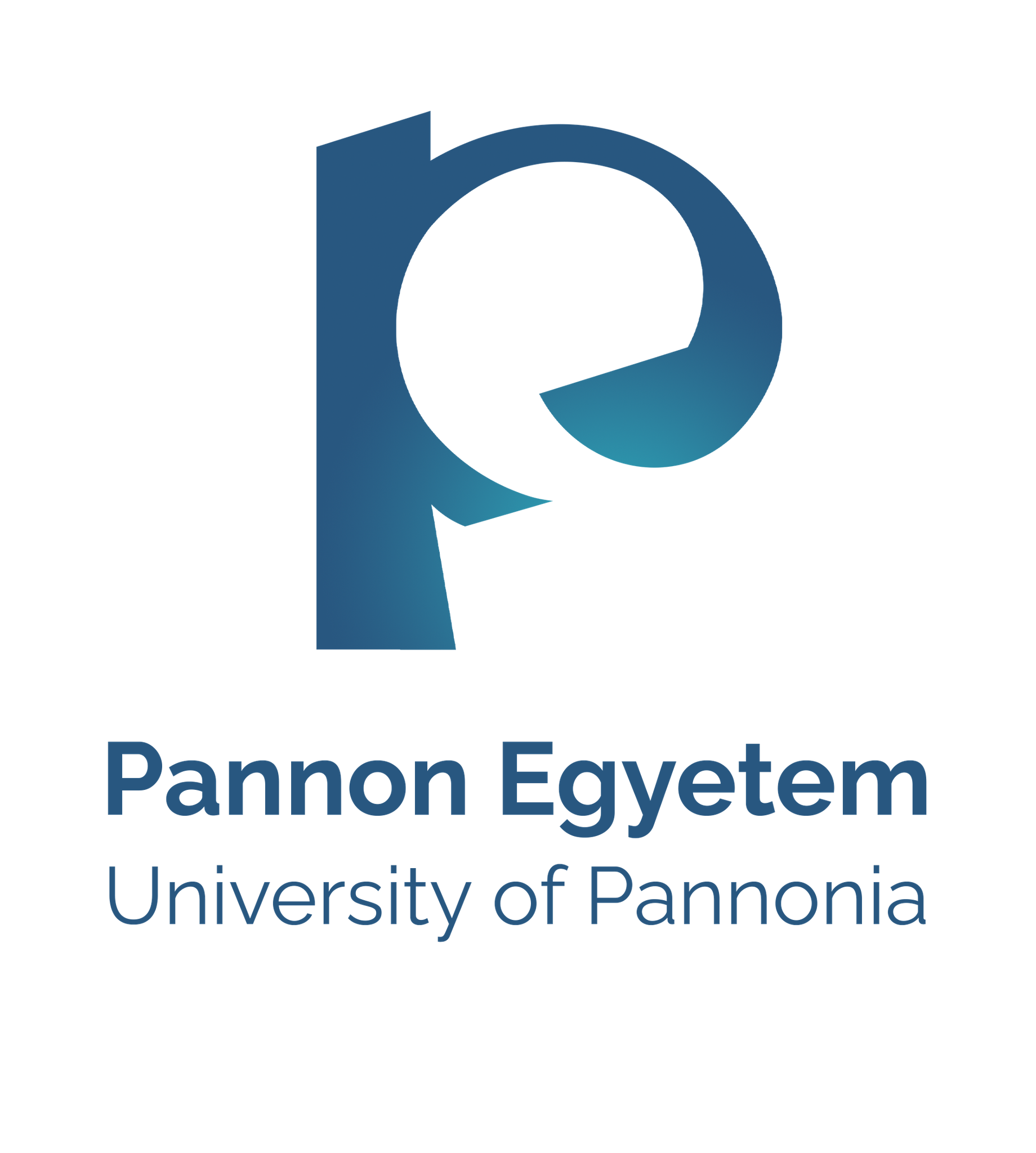

Make Hungary & the University of Pannonia your study abroad destination!
Since the founding of the predecessor of the University of Pannonia in
1949, the world has changed significantly, but the prestigious institution, defying
challenges, has remained a determinative factor of the socio-economic
life of the region, as well as an internationally recognised higher
education institution.
Our university is characterised by outstanding academic excellence
and high-quality usable knowledge, and we are the best in the
countryin terms of research and development output per teacher.
At the same time, we pay special attention to the formation and
preservation of communities along our traditions in a supportive
environment, as Veszprém European Capital of Culture 2023 programme offers new opportunities and experiences for
all citizens of our institution.
The University of Pannonia offers internationally recognized education at
five faculties and three knowledge centers in addition to its headquarters, and
continues to cultivate the most modern fields of science through its doctoral
schools. Veszprém, where the main campus is seated, has won the European
Capital of Culture for 2023 programme. Campuses can be also found in Kőszeg,
Nagykanizsa and Zalaegerszeg.
International applicants have the opportunity to study at our University
with the Stipendium Hungaricum scholarship programme.
Due to the talent management and having a background of a strong
scientific research institution, the university essentially functions as a
research center in several disciplines. At national level, our university
possesses the 7th place on the list of the international institutional
research ranking of excellence ’Ranking WEB of Universities’.
One of the defining elements of University of Pannonia is the collaborative
research projects conducted in strategic partnerships with the actors
of economic life. The most prime example of these, is the Institute of
Petroleum and Coal Technology, established together with MOL in 2009, and the
“Sustainability Based on Circular Economy Competence Center”, launched in 2020
in collaboration with MOL and Hidrofilt Kft.
R & D & I activities
The focus areas of the R & D & I activities of the University of
Pannonia are the most pressing social challenges of our time -
solving problems related to climate change and environmental pollution, and
creating technologies that enable sustainable development. The related R &
D & I activities at the university are the following:
·
ecology
·
materials science
·
air quality
·
water treatment technologies
·
bio- and nanotechnology
·
environmentally friendly motor fuels and propulsion methods
·
low-waste technologies
·
advanced structural materials and catalysts
·
green chemistry
·
research and development of process-development and data science
technologies underpinning Industry 4.0 solutions.
Why Faculty of Business & Economics?
·
a wide range of courses in business, management and economics
·
small group classes in a relaxed and direct atmosphere
·
a career-building mentoring programme
·
extensive relations with companies to gain experience
·
international environment, Bachelor and Master courses in English
Why Faculty of Information Technology?
·
IT training at all levels
·
practice-oriented trainings
·
competitive diploma, wide range of job opportunities
·
opportunities to participate in research at international level
·
partnerships in the industry
Why Faculty of Humanites?
·
humanities, social sciences and teacher training with high quality
·
in one place, in Hungarian and foreign languages
·
international teaching staff
·
career guidance - help with job placement or doctoral programmes for
further studies
·
sponsored study trips abroad
·
national and international professors
·
internationally recognised centre of education and research
·
one of the highest quality engineering education systems in the country
·
well-equipped laboratories
·
practice-oriented training
·
Eastern Europe's first and only ICheme accredited chemical engineering
training
Why The Faculty of
Business Administration Zalaegerszeg?
·
innovation and knowledge centre
·
modern academic library
·
international embeddedness of our teaching and research staff
Other Campuses & Study Centres
Why University of PannoniaNagykanizsa - University Center for Circular Economy?
· A small but lively community
· Courses answering today's challenges (Circular Economy, water resources)
· Personal support
The University of
Pannonia Kőszegi Campus

The most common abbreviations you'll come across when looking for a degree are BA (Bachelor of Arts) and BSc (Bachelor of Science), which are the same level of education but in a different field. The course lasts 6-8 semesters, during which time you can gain the knowledge you need to get a job or lay the foundations for a master's degree.

If you want to deepen your knowledge or gain more specialised knowledge, you should apply for a Master's degree. You can go on to a Master's programme if you have a bachelor's degree, and the exact entry requirements are set by the institutions. Courses usually last 2-4 semesters.

Those planning a research or more theoretical career can apply for an accredited doctorate (PhD) and a Master of Arts (DLA) after completing a Master's degree. Doctoral students carry out research under the supervision of a supervisor, which they can publish and present at conferences.